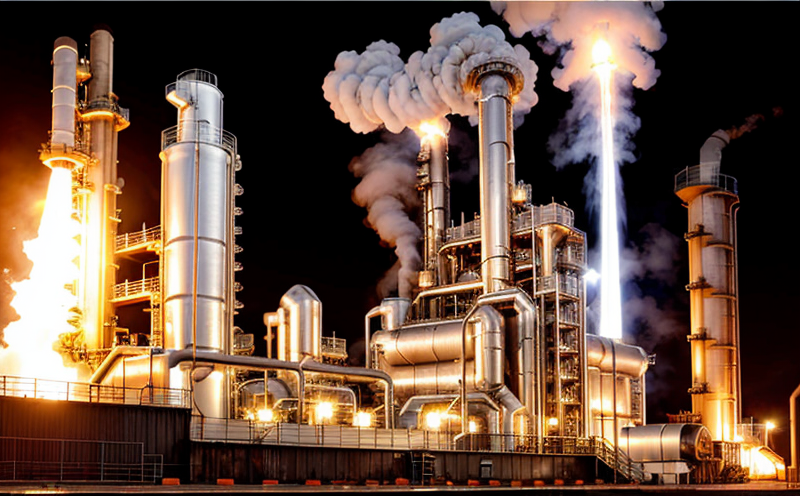Metallurgical Process & Refining Control Testing
The metallurgical process and refining control testing is a critical component in ensuring the quality, safety, and performance of metals used across various industries. This service involves a series of precise tests that provide insights into the chemical composition, physical properties, and structural integrity of metallic materials throughout their lifecycle.
These tests are essential for detecting impurities, evaluating alloy homogeneity, assessing mechanical properties, and identifying potential defects that could compromise the performance or safety of metal products. By leveraging advanced analytical techniques, we can provide detailed insights into each stage of the metallurgical process to help you optimize your production methods.
Our expertise in this area ensures that every test is conducted according to international standards such as ISO and ASTM, ensuring reliability and consistency across all results. The data obtained from these tests serves not only as a quality assurance measure but also as valuable input for ongoing research and development efforts aimed at improving product performance.
From raw material inspection through final production checks, our comprehensive suite of services covers every aspect of the metallurgical process. This includes everything from initial chemical analysis to complex mechanical testing, ensuring that you have all the necessary information needed to make informed decisions about your processes and products.
We understand how important it is for businesses operating in this field to maintain strict control over their refining operations while adhering to regulatory requirements. That's why we offer custom-tailored solutions designed specifically for your unique needs, whether you're dealing with precious metals or industrial alloys.
Why It Matters
The importance of metallurgical process and refining control testing cannot be overstated. Accurate and reliable data collected during this phase can significantly impact the overall quality of manufactured products, ensuring they meet strict industry standards.
- Evaluating raw materials to ensure purity levels are within acceptable limits
- Monitoring alloy compositions to maintain desired properties throughout production
- Detecting defects early in the process to prevent costly rework or scrap losses
- Ensuring compliance with relevant international standards and regulations
Scope and Methodology
| Test Type | Description |
|---|---|
| Chemical Analysis | Determining the elemental composition of metals using techniques like XRF, ICP-MS, and AAS. |
| Mechanical Testing | Assessing strength, ductility, hardness, and other physical properties through tensile testing, hardness testing, and more. |
| Non-Destructive Testing (NDT) | Identifying internal flaws without damaging the material using ultrasonic testing or radiographic inspection. |
Benefits
- Improved product quality and consistency
- Potential cost savings from reduced waste and rework
- Increased confidence in meeting regulatory requirements
- Enhanced reputation among customers and partners





